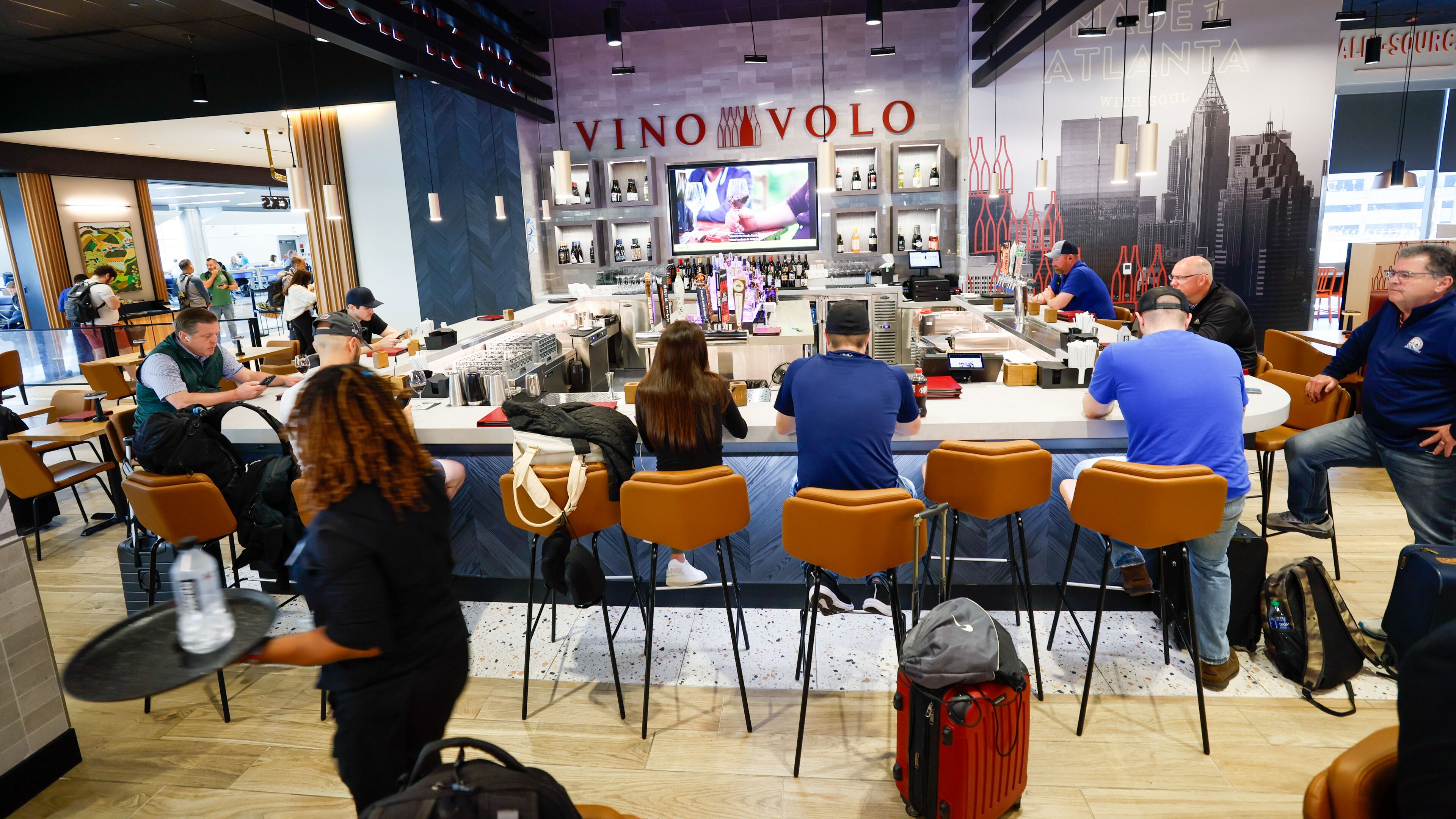Hartsfield-Jackson launches small-business concessionaire boot camp

To become a concessionaire running restaurants and shops at the Atlanta airport is no small task.
Navigating the city’s procurement process is challenging. Actually managing businesses in the world’s busiest airport can be highly profitable, but also complex, unpredictable, capital-intensive and round-the-clock.
All that has discouraged many small businesses from even trying, says Scott Knight, senior director of concessions at Hartsfield-Jackson International Airport.
Just the liability insurance needed to deliver food and supplies alongside parked airplanes can be pricey, he said, for $10 million in coverage.
But a new two-pronged program launched Tuesday seeks to make a dent in that status quo.
“You’re going to see individuals who have probably withdrawn from consideration or limited themselves because of past experiences,” Knight told The Atlanta Journal-Constitution. “This is going to open up that door.”
Part 1 is a free, 11-week boot camp for hopeful small business concessionaires, teaching them the ins and outs of doing business at the airport. Applications for the first 25 “Gateway to Growth” slots are due Feb. 11.
(A small business is defined as having no more than $56.42 million in annual revenue, averaged over the past five years.)
The biggest thing the airport has heard from small businesses is that they just didn’t know how to even start to apply for a contract, said Tyronia Smith, chief revenue officer at the airport.
“It’s also scary to come into an environment that you aren’t familiar with. There are a lot of rules and regulations here that you don’t know, and you really have to learn them.”
The boot camp will continue on a rolling basis, she said.
This summer the airport will launch a way for those small businesses to actually apply for short-term, smaller-than-normal contracts, called SOAR ATL.
The details are yet to be finalized, but Smith said they’re leaning toward two-year contracts instead of the normal 10. And they will likely be for smaller spaces: one kiosk or space rather than the multiple establishment deals usually offered, Knight said.
The program, though pushed by both airport officials and Mayor Andre Dickens, was approved by the Federal Aviation Administration this fall.
Federal rules require it to be race, gender and geographically neutral.
The programs come at an opportune time, because the airport is on the precipice of major concessions contract changes.
“You will essentially see about 150 to 200 new businesses out here over the next seven years. That is a massive scale,” Knight said.
The airport also has empty space to lease out through the smoking lounges it closed in 2020, he said.
The hope is that the small business support programs will yield more “unique” offerings in those new contracts that you might not normally find at the airport, Smith said.
“The possibilities are endless. And that’s the creativity we want to bring to the airport environment as well.”



